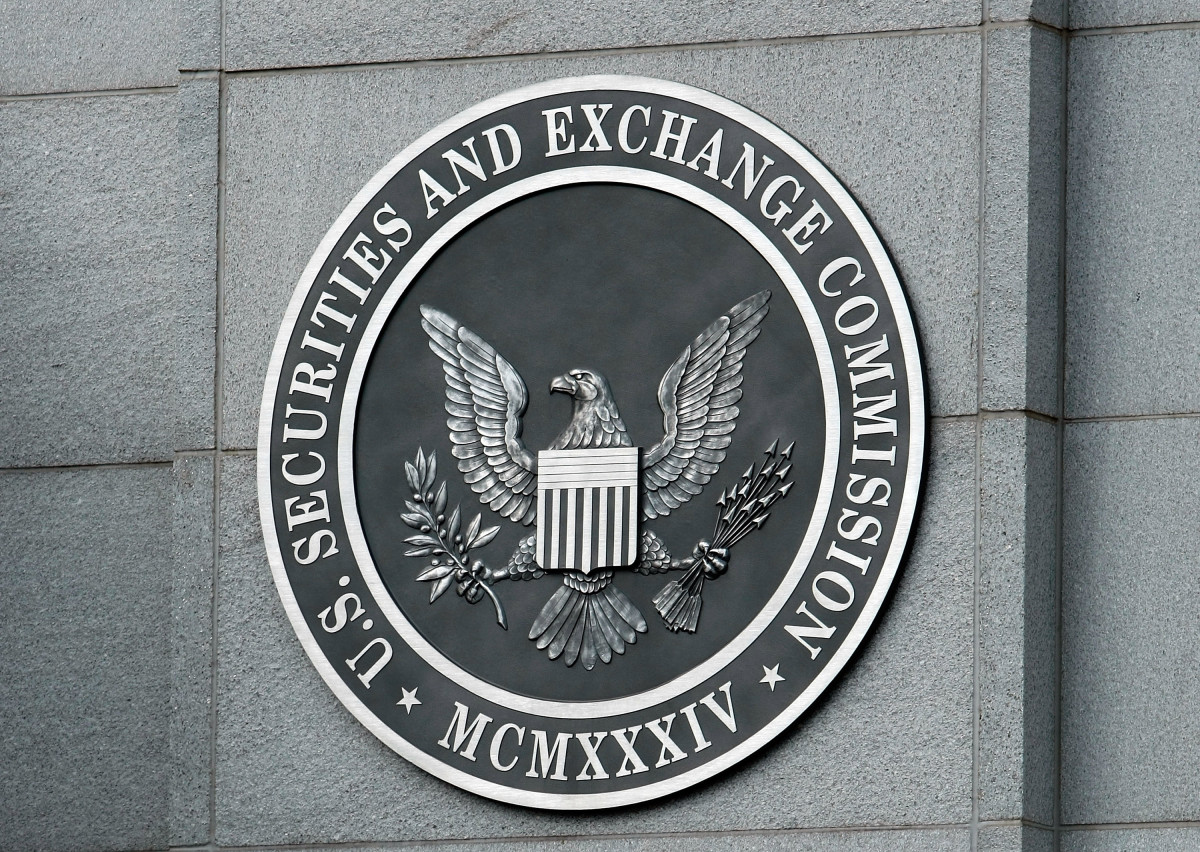
We’ve all learned a great deal more than we probably ever wanted to about our supply chains over the last few months—specifically, just how brittle and fragile they are, most especially those delivering toilet paper and face masks. Well, those newfound busybodies over at the SEC are also learning about supply chains, and how they are financed. As it turns out, this is often accomplished by something called, well, supply-chain finance: A bank or someone else pays a company’s suppliers, getting them a little bit less money than they’re owed in exchange for getting it to them a bit faster than otherwise, before turning around to the company and collecting the full bill. This seems like quite an important thing. But, as the SEC has learned, you’ll have a hell of a time finding anything about it in a company’s financials, and this strikes the regulator as something of a problem.
Companies typically record the transactions as accounts payable, leading some to say they portray overly optimistic financial health, especially if banks pulled the financing suddenly…. June, the agency gave guidance on supply-chain and other types of short-term financing in light of coronavirus disruptions. It said companies should “provide robust and transparent disclosures.”
“There is almost no information about it” in financial statements, said Ben Lourie, an assistant professor at University of California, Irvine’s Paul Merage School of Business. He worries that people don’t have the right information when building valuation and risk models about companies.
Lest you fear that Jay Clayton, stymied in his effort to return home to New York, has shed his late-career Trumpian deregulatory turn, fear not: While the SEC may make the Boeings and Coca-Colas of the world make clear their use of supply-chain finance, it is more than happy to let them and every other public company be as opaque and general as possible on other risks that investors may well want to know more about.
Wednesday’s changes also alter disclosure requirements on environmental legal proceedings. Companies currently have to disclose information on those proceedings involving the U.S. government if monetary sanctions in the case exceed $100,000. The new rule raises that threshold to $300,000.
Companies can also use a different threshold to determine materiality—the concept used to assess what is important enough to be included in a financial statement—as long as the sanctions don’t exceed $1 million or 1% of their current assets, whichever is lower.
As part of the amendment, companies no longer have to provide a description of the general development of their business over the past five years.
Speaking of making things easier for companies at the expense of their investors,
The Securities and Exchange Commission approved the plan for the NYSE to create a new type of direct listing, in which companies can issue new shares. Previously, companies had only been permitted to use the process for existing investors to sell shares…. The Council of Institutional Investors, a group of pension funds and other big money managers, asked the SEC to reject the plan in a July letter. The council expressed worries that companies going public via direct listings would be able to dodge shareholder lawsuits, due to quirks in U.S. securities laws that were written with more traditional share offerings in mind.
And while it’s ramming through changes to decades-old rules and practices, might as well just make this new accredited investor thing official—regardless of its own well-founded concerns about its wisdom—and take the rest of the week off.
Commissioners voted 3-2 on Wednesday to approve a proposal expanding its definition of so-called accredited investors to include holders of an entry-level stockbroker’s license, “knowledgeable employees” of nonpublic firms and others. It also opened the door to further broadening the category to holders of other credentials./Until now, investors could be considered accredited if they had $1 million in net assets, not counting their primary residence, or at least $200,000 in annual income….
“Now that they’ve opened this door, there’s going to be a lot of trucks trying to drive through,” said Tyler Gellasch, executive director of Healthy Markets, an investor group focused on market structure. “It’s really hard for them to credibly distinguish one qualification from another.”
Now, back to sifting through the cartoonish pile of angry comment letters about slashing the number of 13Fs required so as to ensure the proposal makes it through while there’s still time.
SEC Asks Boeing, Coca-Cola to Disclose More About Popular Financing Tool [WSJ]
SEC to Allow Businesses More Flexibility in Disclosing Risk, Legal Information [WSJ]
NYSE’s Plan for New IPO Alternative Wins Green Light From SEC [WSJ]
SEC Gives More Investors Access to Private Equity, Hedge Funds [WSJ]

